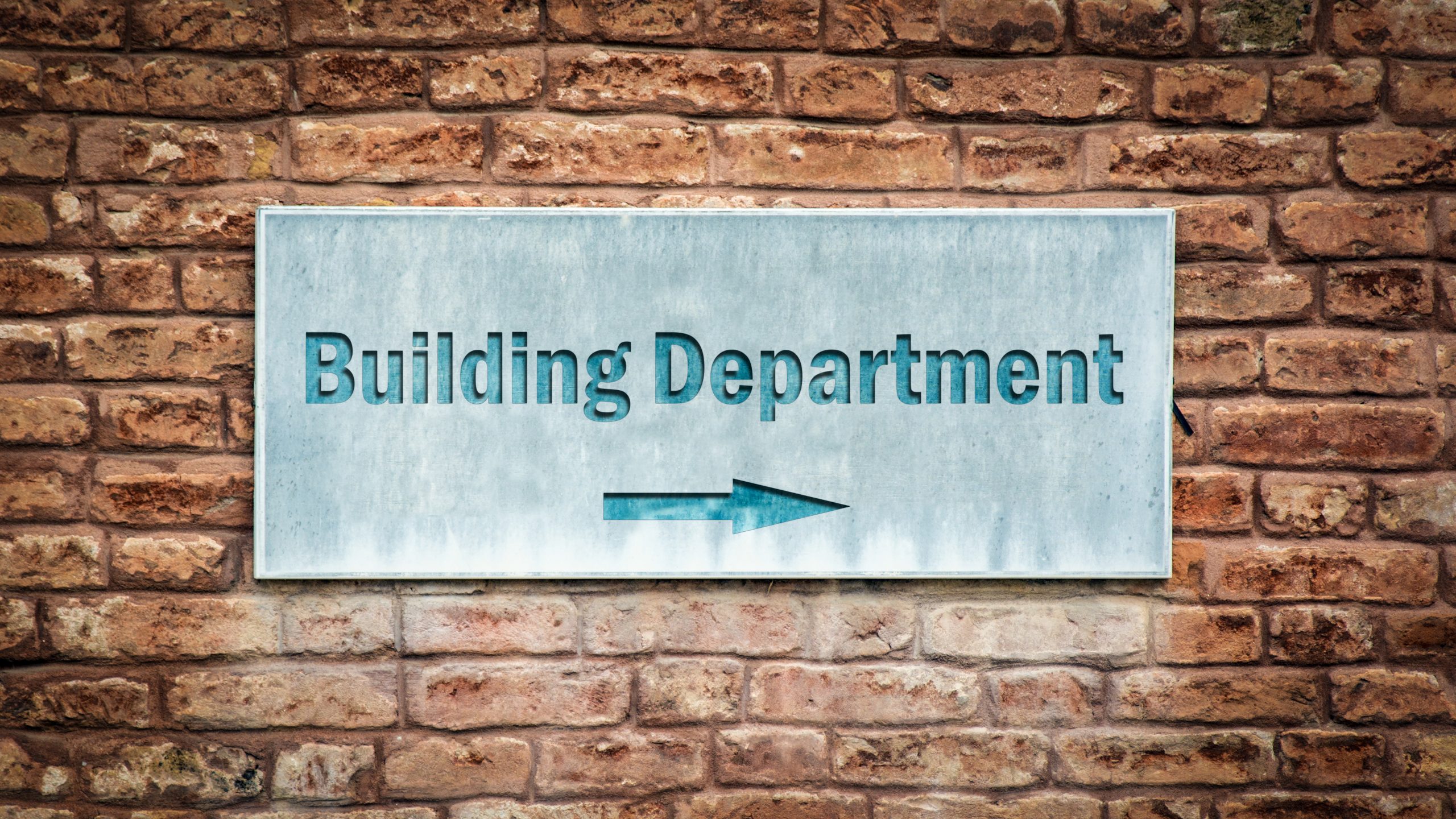The Department of Building Inspection (DBI) and the Permit Center are temporarily limiting the types of permits that may be submitted online through the digital permit submission process to new 100% affordable housing projects, new permits for Development Agreement projects, and addenda and revisions for already submitted digital in-house review permits.
They are working to retool the digital system and make workflow and process improvements to increase efficiency and integrate the system with DBI’s Permit Tracking System (PTS). Trades permits will still be offered online—see details below.
While they are improving the digital permitting system, DBI will continue to offer limited in-person services for paper applications and will continue to process digital permit applications that have already been submitted online. If you submitted a permit application online, you will remain in the queue for permit processing or be asked to resubmit your permit application in paper. Below are details on how they are handling specific permits.
Over-the-Counter Permits
Starting on Monday, August 17, 2020, DBI will no longer offer online permit submission for Over-the-Counter (OTC) projects. All OTC projects will be processed in paper. Below is a breakdown of how to submit in accordance with the type of project:
- OTC without plans: Starting August 17, 2020, they will no longer accept online permit applications for OTC without plans permits. Customers can register through Eventbrite for drop-in permit services Monday through Friday from 7:30 a.m. to 9:30 a.m. DBI currently offers 40 tickets per day for customers to drop in to get an OTC permit without plans. This service is limited to two permits per customer per day.
- OTC with plans previously submitted online: Starting August 17, 2020, DBI will no longer accept online permit applications for OTC with plans permits. Many customers have already applied online for an OTC permit with plans. If you applied online for an OTC with plans permit, the Permit Center will contact you next week to offer you an appointment to submit your permit application in paper. Appointments to drop off OTC with plans permit applications in paper are scheduled Monday through Friday from 9:30 a.m. and 3:30 p.m. This service is limited to two permits per customer per appointment.
- Submitting new OTC with plans: If you have a new permit application for an OTC with plans permit, you will have the opportunity to make an appointment to drop off your permit application. Calendar the appointment here.
In-House Review Permits
Larger and more complicated projects that are not eligible for OTC review are brought in house for review.
- If you previously submitted an in-house review permit application online, you will remain in the queue for permit processing.
- New 100% affordable housing projects, new permits for Development Agreement projects, and addenda and revisions for existing digital in-house permits can be submitted online here.
- Commercial projects: If you have a new permit application for an in-house review project, please email dbicustomerservice@sfgov.org with the following information about your project:
- Contact Information (applicant name, phone number and email)
- Property Address (block and lot or Assessor’s Parcel Number)
- Short description of the scope of work
DBI will contact customers to begin the pre-screening process in the order received. Note that DBI has received a large number of in-house review permit applications, so the queue for this is several weeks.
Fire-Only Permits
Starting August 17, 2020, DBI will no longer accept online permit applications for OTC fire-only permits. If you are applying for a permit that requires Fire Department review only, you can drop off your fire-only permit application (Form 3 or 8) Monday through Friday from 7:30 a.m. to 9:30 a.m. Customers can register through Eventbrite for fire-only permit drop-off. SFFD/DBI currently offer 40 tickets per day for customers to drop in to get an OTC permit without plans or to drop off a fire-only permit application.
- Fire-Only Permits previously submitted on-line: If you submitted online for a fire-only permit prior to August 17, 2020, the Permit Center should have contacted you to offer you an appointment to submit your permit application in paper.
Other Emergency Projects
DBI will continue to accept permit applications for emergency projects. Examples of emergency projects include damage to a building from a fire or flooding, compromised gas lines or sewers, foundation or structural issues or other serious issues affecting the habitability of a building. If the permit you’re filing is in response to an emergency event at your property, please contact DBI at dbi.emergencyresponse@sfgov.org for assistance.
Permit Pick-Up and Issuance
Customers can drop in between 9:30 a.m. and 3:30 p.m. to pick up permits after DBI contacts you that your permit is ready for pick-up. To complete the permit issuance process, payment is required and can be made online or you can forward a check to DBI. When your permit is ready for issuance, you will receive an email invoice with information on how to pay online. If you have questions or need help, please contact dbicustomerservice@sfgov.org for assistance.
Trades Permits
Trades permits (electrical, plumbing, mechanical and boiler-to-operate) are offered online using a contractor account or by emailing dbi.iprrequest@sfgov.org and are not available during drop-in times.
- If you have a DBI contractor account online, visit here to start the online permit process.
- If you don’t have an online contractors account, you can email DBI staff to file your trades permit. B license contractors filing trades permits and homeowners needing to file a permit can also email
- If you are a licensed contractor qualifying for online permit submission and would like to set up an online account, visit here to start the registration process.
- Trades Permits Forms:
The Post Entitlement Team with RJR is available to answer any questions or help facilitate the steps above for your projects.
Authored by Reuben, Junius & Rose, LLP Manager – Permit Consulting Division Gillian Allen.
The issues discussed in this update are not intended to be legal advice and no attorney-client relationship is established with the recipient. Readers should consult with legal counsel before relying on any of the information contained herein. Reuben, Junius & Rose, LLP is a full service real estate law firm. We specialize in land use, development and entitlement law. We also provide a wide range of transactional services, including leasing, acquisitions and sales, formation of limited liability companies and other entities, lending/workout assistance, subdivision and condominium work.



